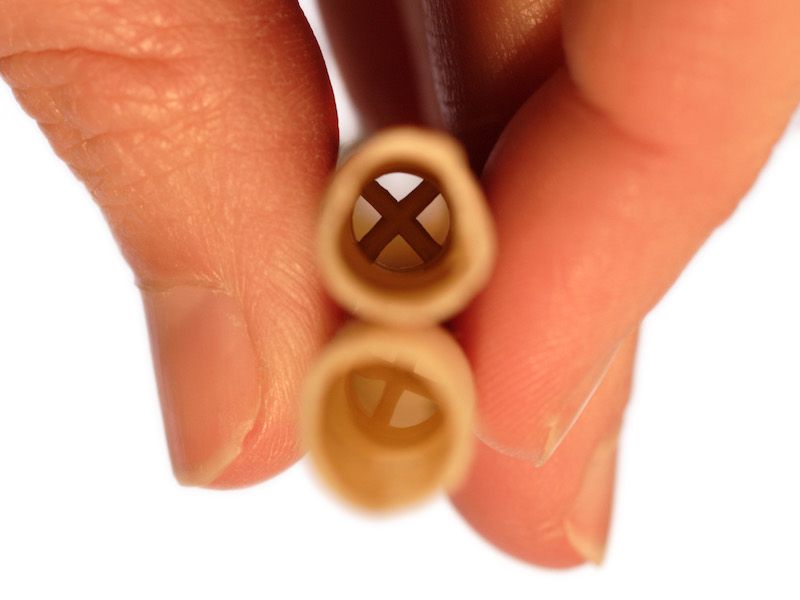
There’s a lingering idea in some circles that a practice known as “ear candling” is a good way to reduce your earwax. What is ear candling, and is it effective?
Earwax Candles, is it Effective?
Spoiler alert: No. No, they don’t.
Why then, does this bit of pseudo-science keep finding its way into the heads of otherwise logical human beings? It’s difficult to say with much accuracy. But the more you discover about earwax candling, particularly the risks involved, the more likely you can make an informed choice (even if the rational choice is pretty obvious).
What is Earwax Candling?
So here’s the basic setup: Perhaps you have an excessive amount of earwax and you’re not really certain how to eliminate it. You’ve read that it’s dangerous to use cotton swabs to clear your earwax out. So you start looking for an alternate and come across this technique known as earwax candling.
Earwax candling supposedly works as follows: You generate a pressure differential by cramming the candle into your ear, wick side out. This pressure difference then sucks the wax out. Any wax that might be clogged up in your ear can, in theory, be pulled out by this amount of pressure. But cleaning your ears this way can be dangerous.
Why Ear Candling Doesn’t Work
There are several issues with this practice, including the fact that the physics just don’t work. You would need a significant amount of pressure to move earwax around and a candle is not capable of creating that kind of pressure. Also, a candle doesn’t have the kind of seal required to maintain pressure.
Now, the candles that they use in these “procedures” are supposed to be special. When you’re done with your fifteen minutes of ear candling, you can break up the candle and, in the hollow, see all bacteria, debris, and wax that had previously been in your ear. But the issue is you can find this same detritus in new unburned candles too. So the entire practice amounts to fraud.
Earwax candling has never been proven by science to have any benefit whatsoever.
So Earwax Candling Doesn’t Work, But How Safe is it?
So, you may as well give it a try, right? Well, you’re asking for trouble whenever you get a hot candle near your ears. Look, it’s very possible that you may try ear candling and leave completely unharmed. Lots of people do. But that doesn’t imply there aren’t hazards involved, and it certainly doesn’t imply that ear candling is safe.
Here are some negative effects of ear candling:
- Whenever you’re messing around with an open flame, there’s a potential that you could cause serious injury and put your life in danger. Seriously, you may burn down your house. It’s not worth the risk to try this ineffective technique of wax elimination.
- Your ear can be severely burned. When melted candle wax gets into your ear, it can lead to severe hearing problems and burns. In the most extreme cases, this could permanently damage your hearing.
- Candle wax can also clog up your ear canal after it cools. This can cause you to temporarily lose your hearing or, in the most severe cases, require surgery.
You Can Clean Your Ears Without Needing a Candle
The majority of people will never truly have to be concerned about cleaning earwax out of their ears. That’s because the human ear is essentially a self cleaning system. But you might be one of those individuals who have an uncommonly heavy earwax production.
If it turns out that you have too much earwax there are practices that have been proven to work safely. For example, you could use a fluid wash. Or you might see a professional who will be able to use specialized tools to get excess wax or wax blockages out of the way.
Cotton swabs are definitely a no-no. And open flames are not ok either. Earwax candling is a technique that has no advantage and will put your ears, and your whole person, at substantial risk of injury and damage. Try burning candles for their sent or for enjoyment but never as a method to clean your ears.
